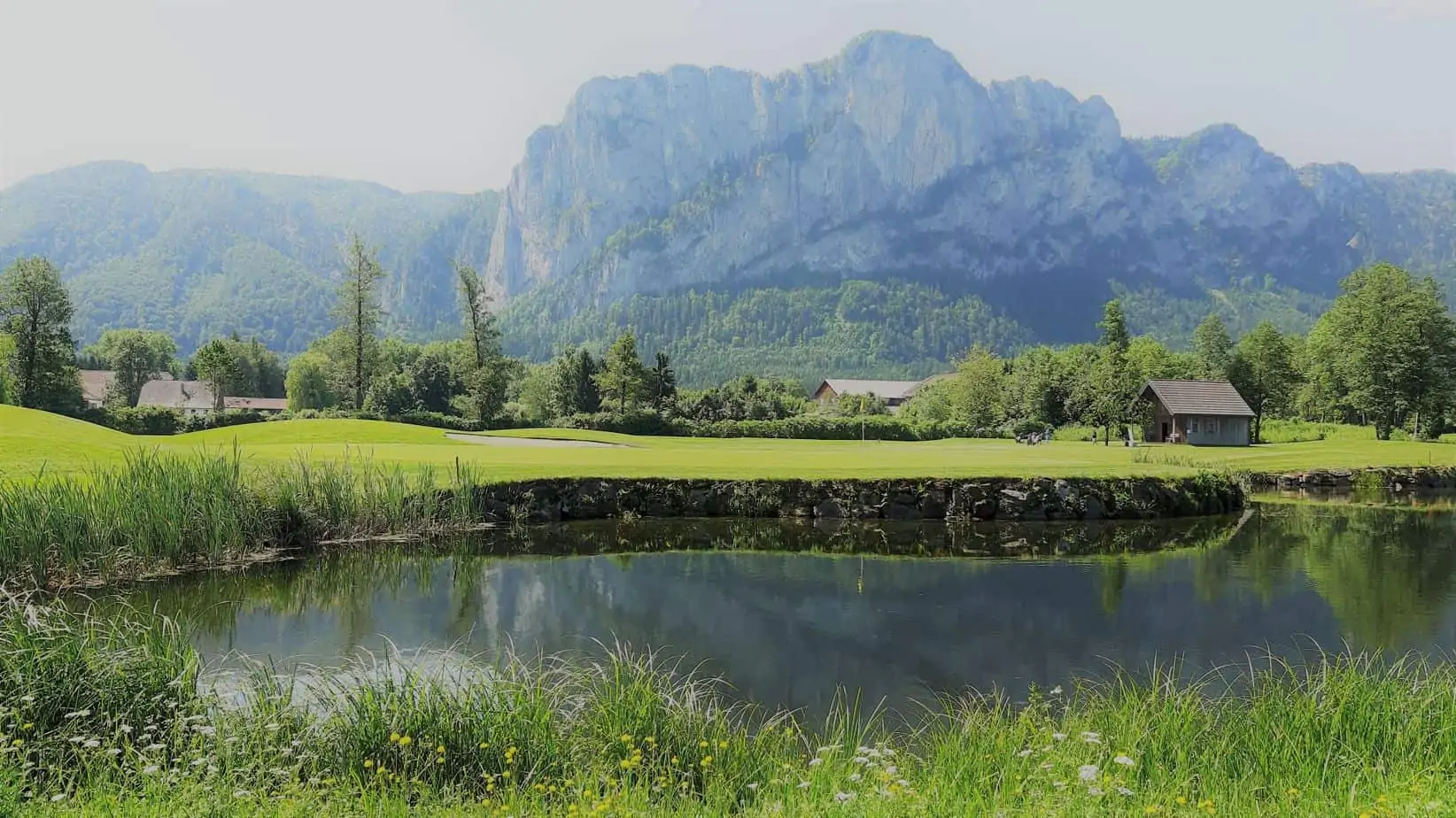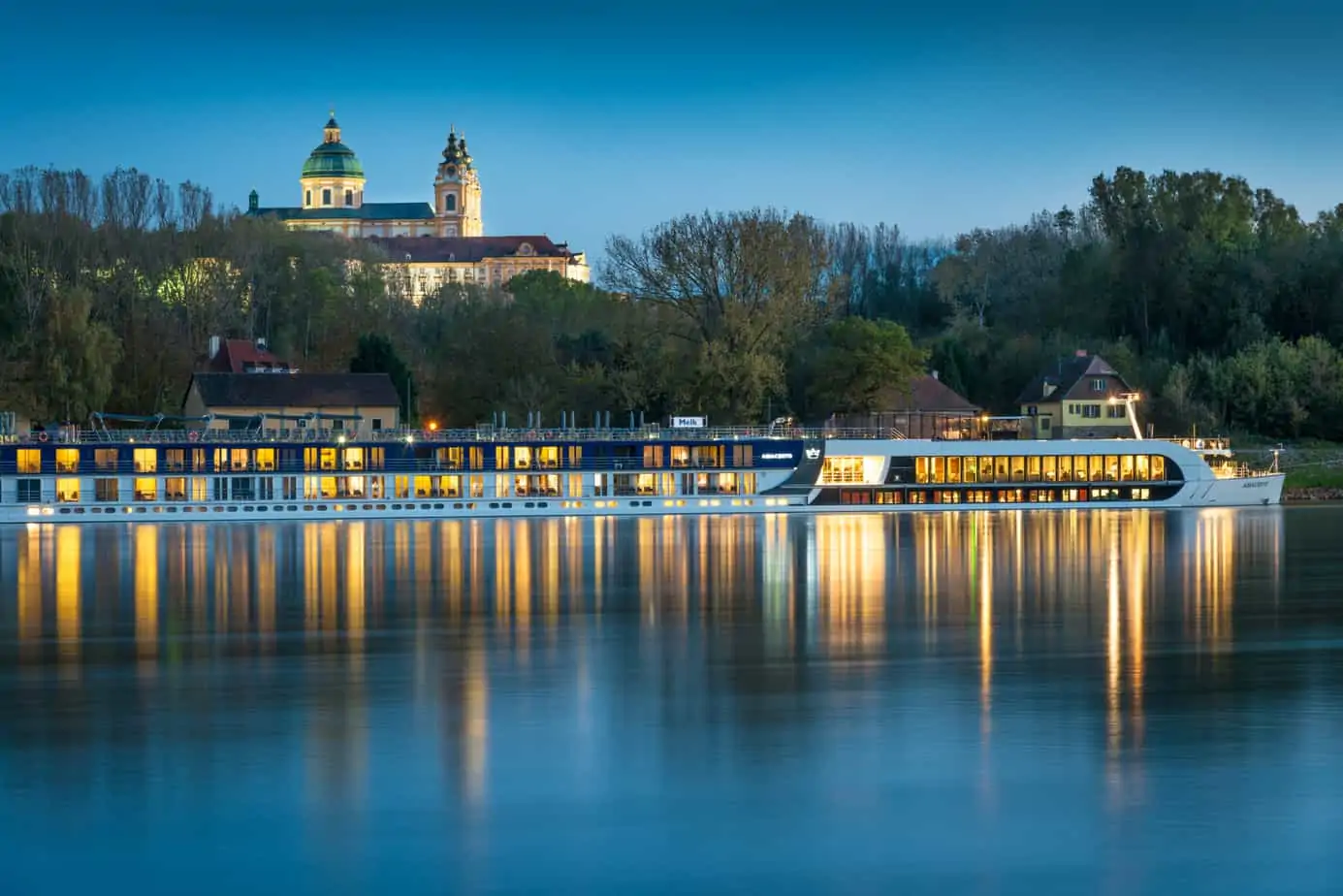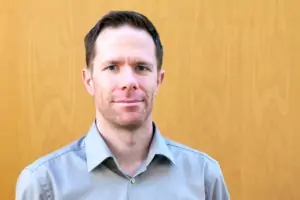Apparently idyllic: overtourism is affecting Austria
The discussion about possible destinations for the summer vacation is already in full swing. Austria was one of the top destinations for golfers from German-speaking countries last year. At the same time, topics such as overtourism are also becoming increasingly important in Austria. In Plan T, the new tourism strategy of the Federal Ministry for Sustainability and Tourism, a more sustainable approach is planned for the tourism industry. But what does the practice look like? Golf Sustainable spoke to Prof. Dr. Robert Steiger, who works intensively on questions of tourism and sustainability at the Research Center for Tourism and Leisure at the University of Innsbruck.
Is sustainability already a big topic in the Austrian tourism industry?
Steiger: The topic is definitely becoming more relevant and people are thinking about the right approach. The resistance of the Austrian population to further growth in tourism is increasing. The call for more sustainable tourism is getting louder.
Is this asked for at all by the guest?
Steiger: The topic is becoming more and more prominent with guests. However, one finds that the guest perceives the sustainable offer and also finds it important, but there is a huge balancing act between the demand and the actual behaviour when making a consumption decision. The topic of travel in particular is often regarded as an exception here, according to the motto. “I can afford that now and I don’t have to worry about such difficult things.”
Golfers usually go on vacation by car. The issue of traffic congestion is becoming increasingly important in many regions. Are you working on alternatives in Austria?
Steiger: Tourism and transport have been a major topic for about five years, both by state politicians and by tourism professionals themselves. Due to the decreasing length of stay, more and more guests are needed to be able to keep up with the numbers, and this automatically leads to more traffic. One tries to counteract this, for example through more connections of the Austrian Federal Railways. There are more cooperations with foreign providers and people are thinking more about the so-called “last mile”. How does the guest get to the hotel from the train station or airport, is the shuttle already ready? In addition, local public transport will be greatly expanded. The question remains: How do you get the guest from the car onto the rails? At the moment we are around ten percent of the guests who travel by train. It has already been recognized here that, when it comes to climate change in Austria, traffic is the decisive factor in tourism.
The ship pier at Melk with the Melk monastery is one of those places that golf tourists like to head for on a trip to Vienna
How well positioned is the hotel industry with regard to more sustainable management, for example when it comes to resources?
Steiger: Investigations show that there is still great potential when it comes to saving energy. This applies above all to areas such as building insulation or heating systems. The structures there are often outdated at the moment. There are state subsidy programs for this, which do not work if you increase the number of beds, but if you improve quality and carry out energy-related refurbishment.
Do you think the importance of this topic will increase?
Steiger: I expect that the topic will become more important after it has experienced a little slumber during the Corona crisis. But I cannot imagine that there will be no CO2 pricing in the next few years if you want to achieve the climate goals. That is why the topic will also become more prominent. In addition, in my opinion, the discussion about overtourism is not over, because you have to consider what comes after the pandemic.
Do you expect a run on Austria in the summer?
Steiger: On the one hand, there is the possibility that we will have more tourism in some places in the Alps in the summer because people cannot go everywhere yet. On the other hand, some of the guests are certainly much more sensitive to the issue of overcrowding. That is why we will certainly deal more intensively with the topic of overtourism.
On the one hand, the population’s acceptance of tourism is dwindling in view of increasing traffic, waste and air pollution, on the other hand, in tourism, one lives above all from the masses. Is there a solution to this discrepancy?
Steiger: We will have to strive for more sustainable mass tourism in tourism. The line of thought is: Is it possible to reduce the volume, i.e. the number of overnight stays, while maintaining the added value. And how can such a system work in a tourism destination that mainly relies on local jobs. At the moment we are seeing the problem of dwindling support from the local population because workers are imported and a large part of the population works in other sectors. The population does not have the profit from tourism, but has to bear the negative consequences. That means: I have to involve the population more closely, but also pay higher wages in order to keep them in the industry. We have hotels that employ 80 to 90 percent local people, but these are the hotels in the high-price segment and are exceptions.
What are the solution approaches for the resource “local workforce”?
Employees are a big problem. Also the question of how to keep them. That’s why it’s so important to get a good foothold in summer tourism too, so that you can offer a job all year round. In the broad masses, however, the discussion about rising wages is dominated by the feeling that one would then no longer be competitive. Everyone knows that when prices go up, occupancy is hard to increase. We have too much capacity here – even with companies that are actually no longer viable.
Is the discussion about the value chain and more sustainable tourism in Austria just beginning?
Yes I think so. In communication, however, attempts are now being made to move away from the annual records and to use them as an indicator of success, but to take a closer look at the added value. There has definitely been a rethink.
How important is the diversification of the offer?
We’ve known for a number of years that you can no longer just go with one product, but that you have to offer a very wide range, because the guest doesn’t just want to hike for seven days, but simply wants to try new things. He then lends out the bike or tries to play golf.
What do you expect for tourism in Austria this summer?
It all depends on the development of the pandemic and the opening of the borders. However, I am assuming that there will be strong demand, especially in rural areas. I hope that we don’t have problems with the distance rules and the guest’s subjective feeling because of overcrowding when the pressure gets too much. We have to be very careful there.









